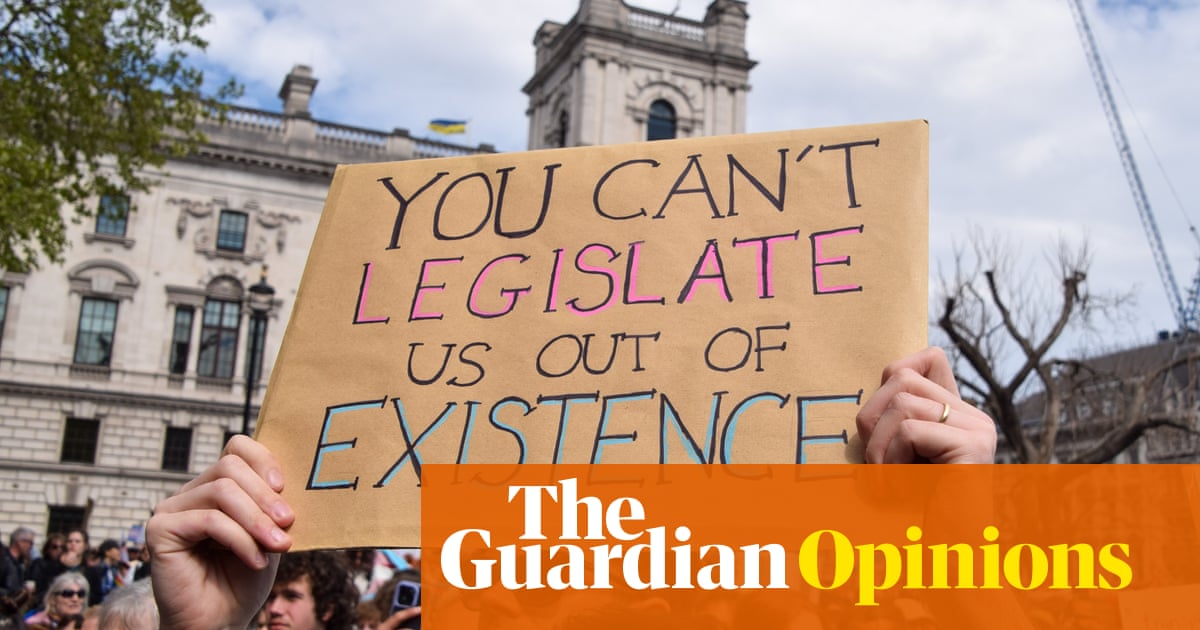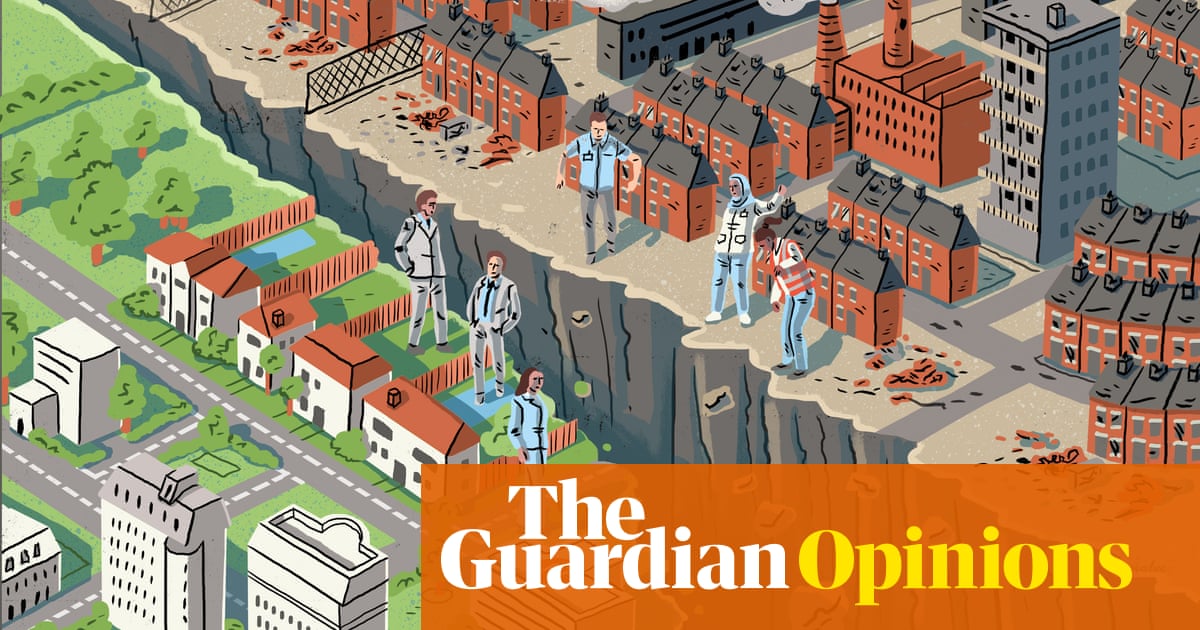The secret to American power and pre-eminence was best summed up more than a century ago.
America, observed Jean Jules Jusserand, France’s ambassador to the United States during the first world war, “is blessed among the nations”. To the north and south were friendly and militarily weak neighbors; “on the east, fish, and the west, fish”. The United States was and is both a continental power and, in strategic terms, an island – with all the security those gifts of geography provide. No world power has ever been as fortunate. This unique physical security is the real American exceptionalism.
Americans take this providential geography for granted: their country’s wars are always away games, and their neighbors are trading partners and weekend getaway destinations, not rivals or enemies. The ability of the United States to project power around the globe depends on technology and logistics, but it rests ultimately on the foundation of secure borders and friendly neighbors. But that may not be the case much longer. In threatening war with both Canada and Mexico, Donald Trump is obliterating America’s greatest strategic advantage.
In normal times, one would be hard-pressed to find a pair of friendlier nations than the United States and Canada. Canadians and Americans share a common language (aside from the Québécois), sports leagues, $683bn in trade, and the world’s longest undefended border, more than 5,000 miles (8,000km) long. Americans and Canadians have fought side by side in both world wars, as well as in Korea and Afghanistan.
Trump’s coveting of Canada is easy to mock and dismiss. Since returning to office in January, he has said repeatedly that he wants to make Canada the 51st state and taken to calling former Canadian prime minister Justin Trudeau “Governor Trudeau.” In what could be a satire of the post-9/11 ambitions of some American neoconservatives, Trump called the border with Canada “an artificial line” that “makes no sense”.
But Canadians aren’t laughing. Living next door to a superpower that has fought multiple wars over the last 20 years and now practices a post-truth politics, they are angry and rattled.
Liquor stores in Canada have pulled American-made alcohol from their shelves. The singing of the Star-Spangled Banner during hockey and basketball games has provoked boos from the stands. Airline travel from Canada to the United States has cratered, with ticket sales dropping 70%. Trudeau, not knowing he was on a hot mic, told his ministerial colleagues that Trump’s territorial avarice was “a real thing” and that they should not dismiss it as typical Trumpian bluster. Mark Carney, Trudeau’s successor, warned Canadians that the longtime partnership with the US, “based on deepening integration of our economies and tight security and military cooperation, is over”.
Earlier this year, Pierre Poilievre, the Conservative party’s candidate in Canada’s national elections, enjoyed a huge lead in the polls and seemed destined to become the next prime minister. But Canadians’ dislike of Trump apparently helped Carney, a political newcomer and the Liberal party’s candidate (despite Trump’s criticism of Poilievre in a Fox News interview, perhaps because Poilievre, reacting to his falling poll numbers, pivoted to criticizing the American president). Carney’s poll numbers surged, Poilievre’s plunged, and this week, Carney won the election – but he’s not about to preside over Canada’s annexation. By Carney’s account, in conversations, Trump has brought up his vision of Canada as the United States’ 51st state, something Carney has dismissed outright.
Americans are apt to find the idea of a security threat from Canada ridiculous. Some of Trump’s antipathy to Canada rests on its paltry defense spending, less than 1.5% of GDP, making Canada one of Nato’s laggards. But Canadian capabilities are critical for the defense of the American homeland. Canadian long- and short-range radars provide the bulk of the North Warning System (NWS), which guards against airplanes and missiles entering North America via the North Pole. A Canadian withdrawal from the jointly run NWS would diminish the United States’ capacity for strategic defense and deterrence. While such a move by Canada would normally be unthinkable, if it fears invasion, as it has reason to do now, it may take steps that have hitherto been beyond the realm of possibility.
If Trump’s actions against Canada boggle the mind, his stance toward Mexico is more explicable, albeit far more dangerous. Trump came down that golden escalator at Trump Tower in June 2015 and announced his first presidential bid with a diatribe against Mexican immigrants. In the decade since, the Republican party has come to view Mexican drug cartels, if not the Mexican state itself, as a major threat to the United States, even as Mexico has displaced China to become the US’s largest trading partner.
With Trump back in power, the reality is starting to match the rhetoric. Active-duty US troops are now on the southern border and Mexican drug cartels have been officially labeled as foreign terrorist groups, providing the legal pretext for the president to order US soldiers to enter Mexican territory and destroy them. US surveillance drones are monitoring fentanyl labs in Mexico – by mutual agreement – but the Mexican president, Claudia Sheinbaum, has ruled out their being used to strike drug cartels, something US officials have reportedly discussed.
Although Trump issued an executive order on the first day of his second term, declaring an emergency on the US-Mexican border, the active duty troops he has deployed there aren’t currently engaged in law enforcement, which US law prohibits, only providing logistical support to Customs and Border Protection. But were Trump to invoke the 1807 Insurrection Act at some point, that could change and the military could begin apprehending and detaining Mexican migrants.
Any unilateral US military intervention in Mexico would be reckless. With some of the US’s largest cities just a few hours from the border, the cartels would have ample opportunities for retaliation, which in turn would provoke American escalation. Civilian deaths caused by US military strikes could unleash major domestic strife in Mexico, a country of 130 million people, to the point of creating a tidal wave of refugees. US geography shielded it from most of the consequences of its disastrous post-9/11 wars in the greater Middle East. But US luck would finally run out if Trump tried to rerun a version of the “war on terror” across the southern border.
With wars raging in Europe and the Middle East and Trump toying with unprecedented tariffs on many US partners and allies, the fallout from Trump’s “America first” policies seem to be primarily in Europe and Asia. But the most gratuitous and serious threats to American security and prosperity lie closer to home.
Barely three months into his second term, Donald Trump has damaged, perhaps even irrevocably, relationships with his country’s two neighbors and largest trading partners. Few US presidents have committed greater strategic malpractice. None have done it with such speed. If the president wants to identify something he has achieved that none of his modern-day predecessors have, this feat would certainly qualify.
-
Gil Barndollar is a non-resident fellow at the Defense Priorities Foundation. Rajan Menon is Spitzer professor emeritus of international relations at the Powell School, City College of New York, and a senior research scholar at the Saltzman Institute at Columbia University.

 4 hours ago
6
4 hours ago
6













































